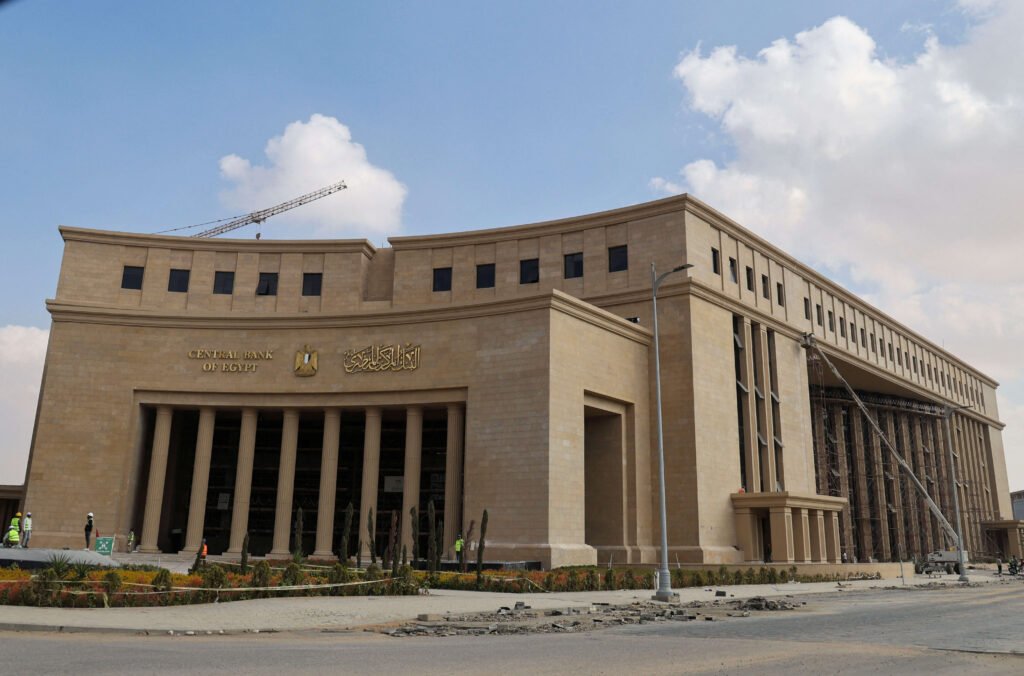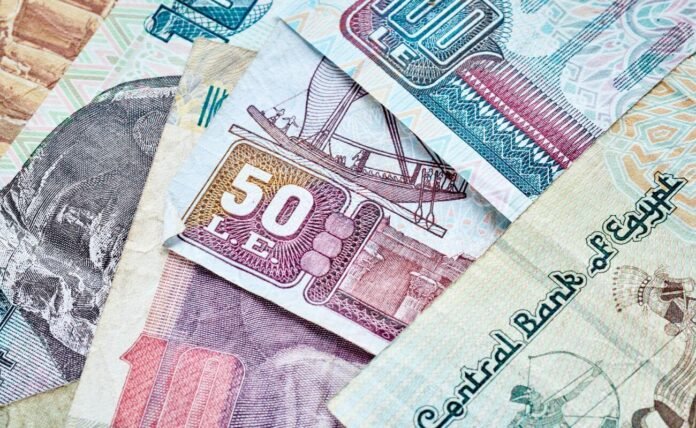Egypt has implemented a surprising move by raising interest rates for the first time since August, diverging from market expectations. This unexpected decision may accelerate progress towards a larger rescue package with the International Monetary Fund (IMF) and potentially pave the way for another currency devaluation. The Monetary Policy Committee announced a 200 basis point increase in the benchmark deposit rate to 21.25% and the lending rate to 22.25% in a statement released on Thursday. While Goldman Sachs Group Inc. and Morgan Stanley predicted this hike, most economists surveyed by Bloomberg did not anticipate any change.

Despite a recent three-month slowdown in inflation and the strain that higher borrowing costs will impose on public finances, Egypt’s decision likely signals efforts to create favorable conditions for advancing negotiations with the IMF. Discussions currently underway in Cairo aim to enhance Egypt’s existing $3 billion loan, with little disbursement, as part of a broader package exceeding $10 billion, possibly with support from the World Bank.
Goldman economist Farouk Soussa, who forecasted a 300 basis-point hike, remarked that the likelihood of a new IMF deal in the near future would lead to a hawkish shift in monetary stance. Soussa believes such a significant increase would demonstrate the authorities’ commitment and facilitate progress in negotiations.
Amid Egypt’s ongoing economic crisis, severe shortages of hard currency are intensifying, placing additional pressure on the Egyptian pound. The pound has already experienced three devaluations since early March 2022, halving its official value to approximately 30.9 per dollar. In the black market, however, the currency trades much weaker, ranging between 65 and 70 per dollar this week.
IMF discussions primarily focus on fulfilling reforms, including tighter monetary and fiscal policies and transitioning to a flexible exchange rate regime. The recent approval by Egypt’s cabinet to slash state investments and suspend new projects until July signals progress toward meeting these objectives.
The IMF awaits Egypt’s implementation of a more flexible exchange rate and fulfillment of other commitments before disbursing additional funds. Despite challenges posed by increased government expenses, IMF conditionality necessitates a tighter monetary and fiscal policy stance and a move toward exchange rate flexibility.
The central bank noted persistent inflationary pressures, driven by geopolitical uncertainties and disruptions in maritime trade, such as attacks on Red Sea shipping by Yemeni rebels, reducing traffic through the Suez Canal. Against this backdrop, the Monetary Policy Committee judges the risks surrounding the inflation outlook to be tilted to the upside.




